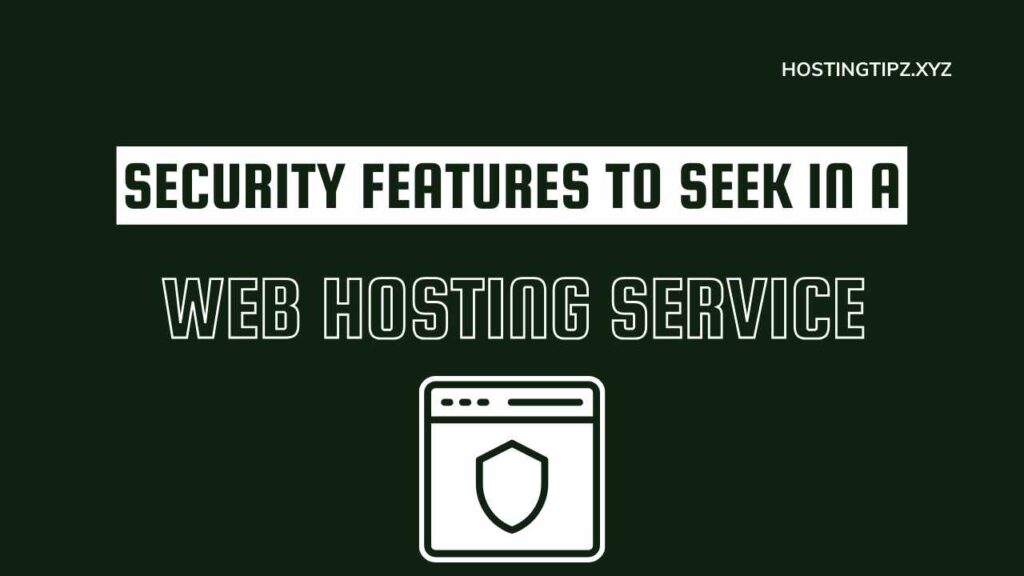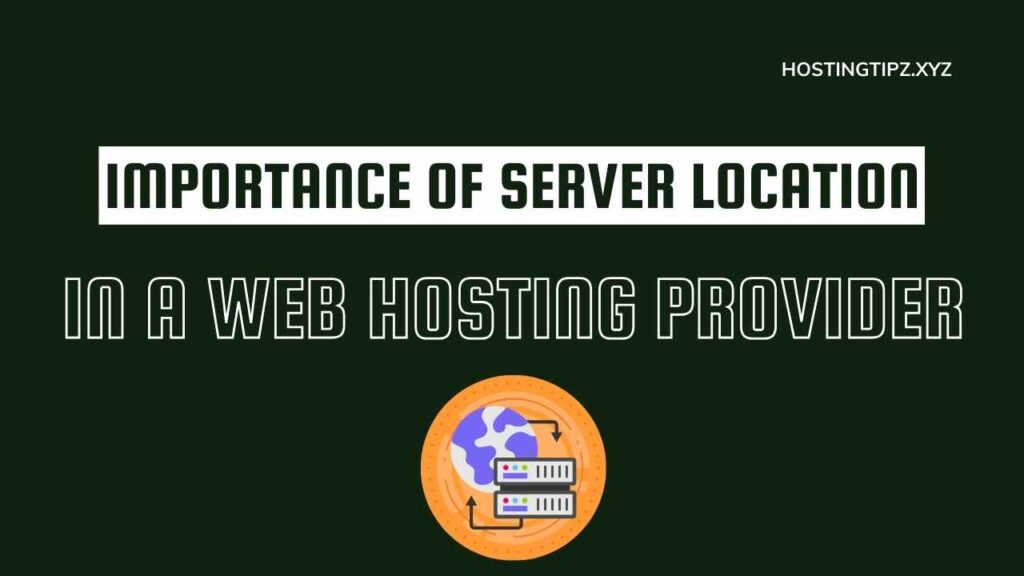Quality customer support is a crucial factor to consider when selecting a web hosting provider. Customer support plays a vital role in ensuring a smooth hosting experience and resolving any issues that may arise.
In this article, we will explore the key aspects to evaluate when assessing customer support options in a web hosting provider. From response times to support channels and expertise, we’ll cover everything you need to know to make an informed decision.
Table of Contents
Response Times: The Need for Prompt Assistance
When evaluating customer support options, response times are of utmost importance. A reliable web hosting provider should offer quick response times to ensure timely assistance.
Look for providers that offer 24/7 customer support and boast fast response times, ideally within minutes. Prompt responses are crucial, especially during critical situations such as website downtime or security breaches.
Support Channels: Availability and Accessibility
The availability of multiple support channels is another essential aspect to consider. A web hosting provider should offer various ways to reach their customer support team. Common support channels include live chat, phone support, ticketing systems, and email.
Each channel has its advantages, so choose a provider that offers your preferred communication method. Additionally, ensure that the support channels are easily accessible and available round the clock.
Expertise and Knowledge Base: Reliable Assistance
The expertise and knowledge base of the support team are crucial in resolving complex issues efficiently. Look for a web hosting provider that employs knowledgeable and experienced support staff. They should have a deep understanding of hosting technologies, server configurations, and common troubleshooting techniques.
A competent support team can save you time and frustration by providing accurate and effective solutions to your hosting-related problems.
Support Documentation: Self-Help Resources
Apart from direct support, having a comprehensive knowledge base or support documentation is invaluable. It allows users to find answers to common questions or troubleshoot issues independently.
A well-structured knowledge base with tutorials, FAQs, and how-to guides can empower users to resolve minor issues without relying solely on customer support. When evaluating a web hosting provider, assess the quality and extent of their support documentation.
User Reviews and Reputation: Real-Life Experiences
User reviews and reputation provide insights into the actual customer support experience. Take the time to read reviews and testimonials from existing or past customers. Look for feedback specifically related to customer support, paying attention to the overall satisfaction level and the resolution of issues.
While some negative reviews are inevitable, assess the general sentiment and consider it in conjunction with other evaluation factors.
Proactive Support: Going the Extra Mile
Exceptional customer support goes beyond reactive assistance. Proactive support involves actively monitoring servers, identifying potential issues, and taking preventive measures. A web hosting provider that offers proactive support can detect and address issues before they impact your website’s performance or availability.
Consider if the provider invests in proactive measures such as server monitoring, security audits, and performance optimization.
Multilingual Support: Catering to Diverse Users
For international users or those targeting a global audience, multilingual support is highly beneficial. Check if the web hosting provider offers customer support in multiple languages.
Having support staff fluent in various languages ensures effective communication and eliminates language barriers. Multilingual support enhances the overall user experience, particularly for non-English speakers or customers from different regions.
Service Level Agreements (SLAs): Guaranteeing Support Quality
Service Level Agreements (SLAs) outline the level of support a web hosting provider promises to deliver. These agreements specify response times, issue escalation procedures, and guaranteed uptime.
When evaluating customer support options, review the SLA to understand the commitment and accountability of the hosting provider. Look for providers with robust SLAs, as they indicate a strong commitment to delivering high-quality support services.
Testimonials and Case Studies: Assessing Success Stories
Testimonials and case studies provide valuable insights into the real-world experiences of customers. Look for hosting providers that share success stories or showcase satisfied clients. These testimonials often mention the level of customer support received, giving you an idea of the provider’s strengths and areas of expertise.
Genuine success stories can help you evaluate the support capabilities of a web hosting provider and make an informed decision.
Competitive Pricing: Balancing Quality and Affordability
While ensuring the importance of customer support quality, it is equally important to take into account the pricing offered by the web hosting provider. Evaluate the pricing plans and packages thoroughly to ensure that they align with your budget.
While it may be tempting to opt for the cheapest option, keep in mind that quality customer support often comes at a cost. Balance your budgetary constraints with the level of support you require to ensure a satisfactory hosting experience.
Migration Support: Seamless Transition
When considering a web hosting provider, it’s essential to assess their migration support. If you already have an existing website hosted elsewhere, a smooth transition is crucial. Look for a hosting provider that offers migration assistance, ensuring that your website, databases, and other resources are seamlessly transferred to their servers. Migration support can save you time and effort, minimizing any disruptions during the transition process.
Scalability: Future Growth
As your website expands, the requirements for your hosting may also change. It is vital to select a web hosting provider that provides scalable solutions. Assess whether the provider can accommodate your future growth by offering flexible plans or the ability to upgrade resources easily. Customer support plays a significant role in this aspect, as they can guide you through the process of scaling your hosting infrastructure smoothly.
Personalized Support: Individual Attention
Personalized support can greatly enhance your hosting experience. When evaluating customer support options, consider whether the hosting provider offers a personalized approach. Some providers assign dedicated account managers or support representatives to their customers.
This ensures that you have a point of contact who understands your specific needs and can provide tailored assistance whenever required.
Technical Support: Advanced Expertise
Technical support is crucial, especially for users with more advanced hosting requirements. When assessing customer support options, look for providers that offer technical support with expertise in specialized areas. This could include support for advanced server configurations, specific programming languages, or database management.
A hosting provider with a team of technically skilled professionals can address complex issues and provide guidance on optimizing your website’s performance.
Community Forums and User Groups: Peer Support
In addition to direct customer support, consider whether the web hosting provider has a community forum or user groups. These platforms can be valuable resources for troubleshooting, exchanging ideas, and seeking advice from fellow users. Engaging with a community of like-minded individuals can supplement the official support channels and provide a broader perspective on hosting-related matters.
Conclusion
When choosing a web hosting provider, evaluating customer support options is vital for a seamless hosting experience. Consider factors such as response times, support channels, expertise, support documentation, user reviews, proactive support, multilingual support, SLAs, testimonials, case studies, and competitive pricing.
By carefully assessing these aspects, you can select a web hosting provider that offers reliable and efficient customer support, ensuring your website remains secure, accessible, and optimized for success.



